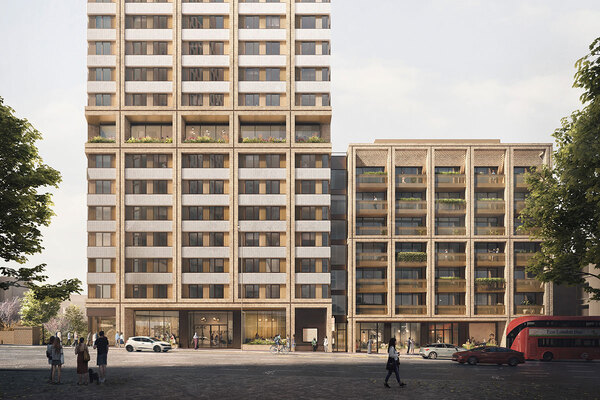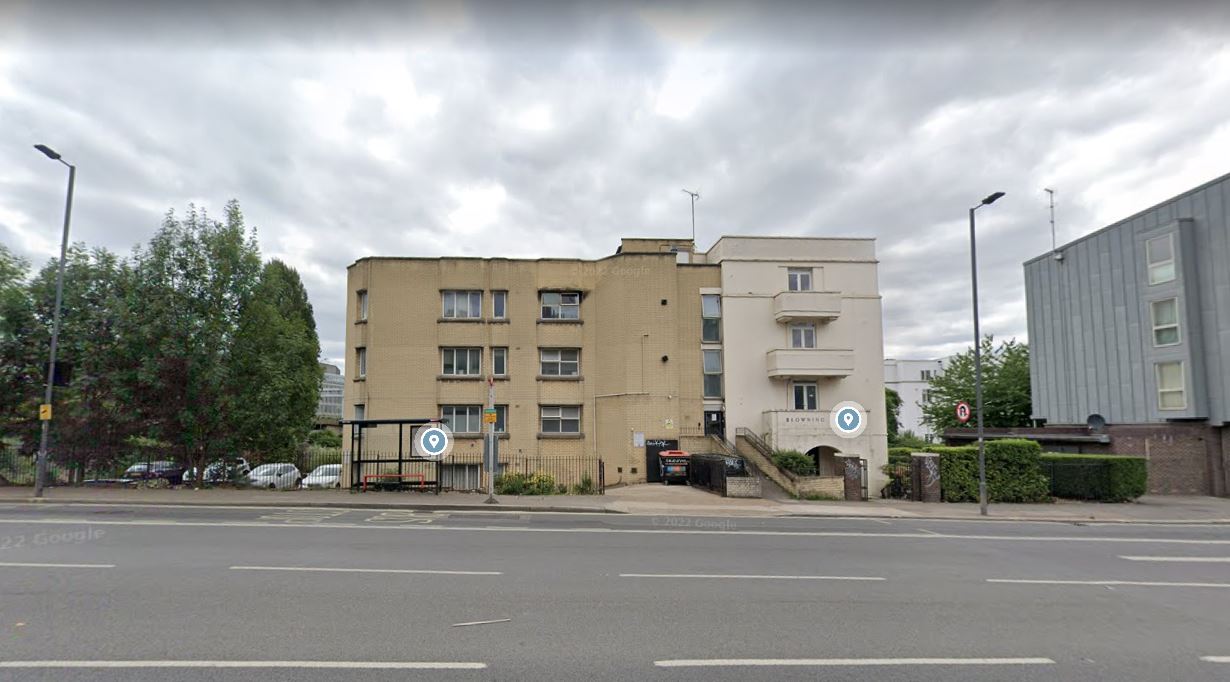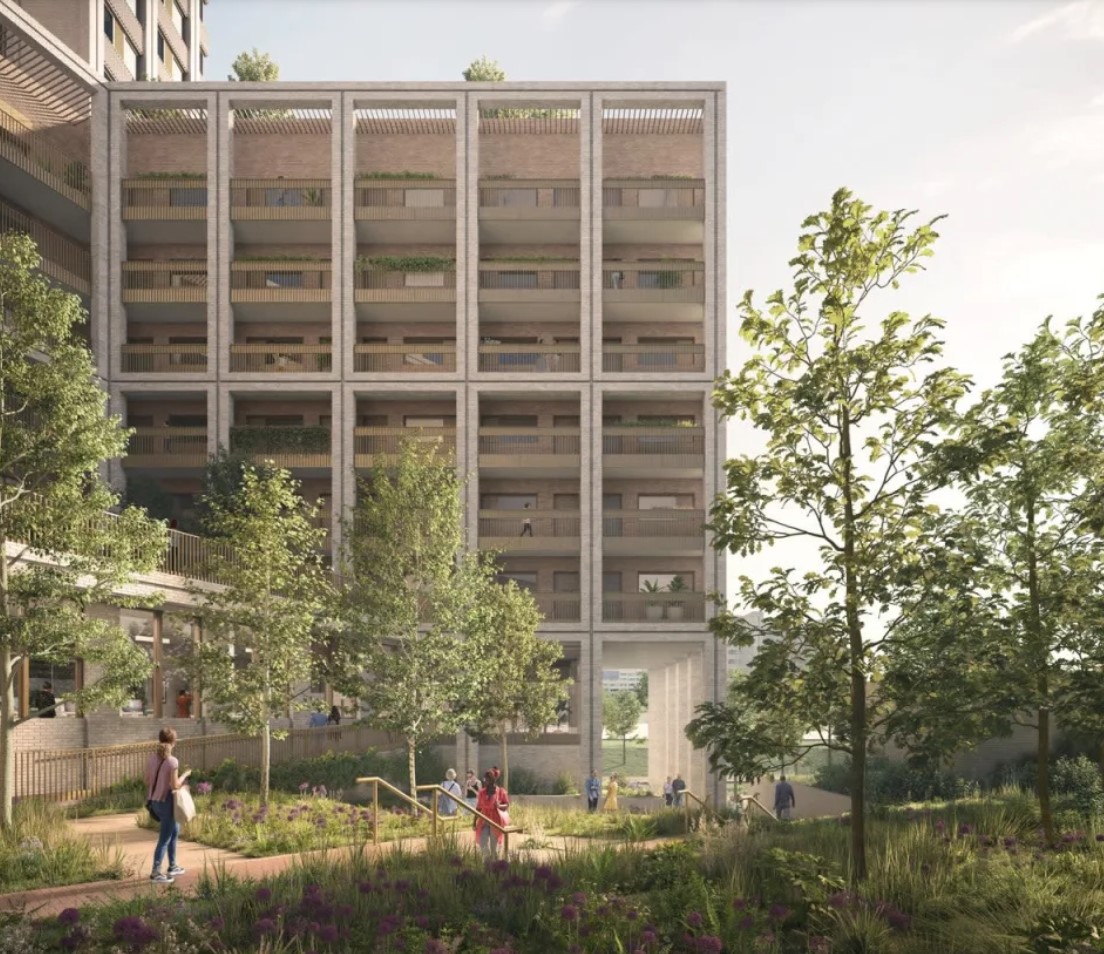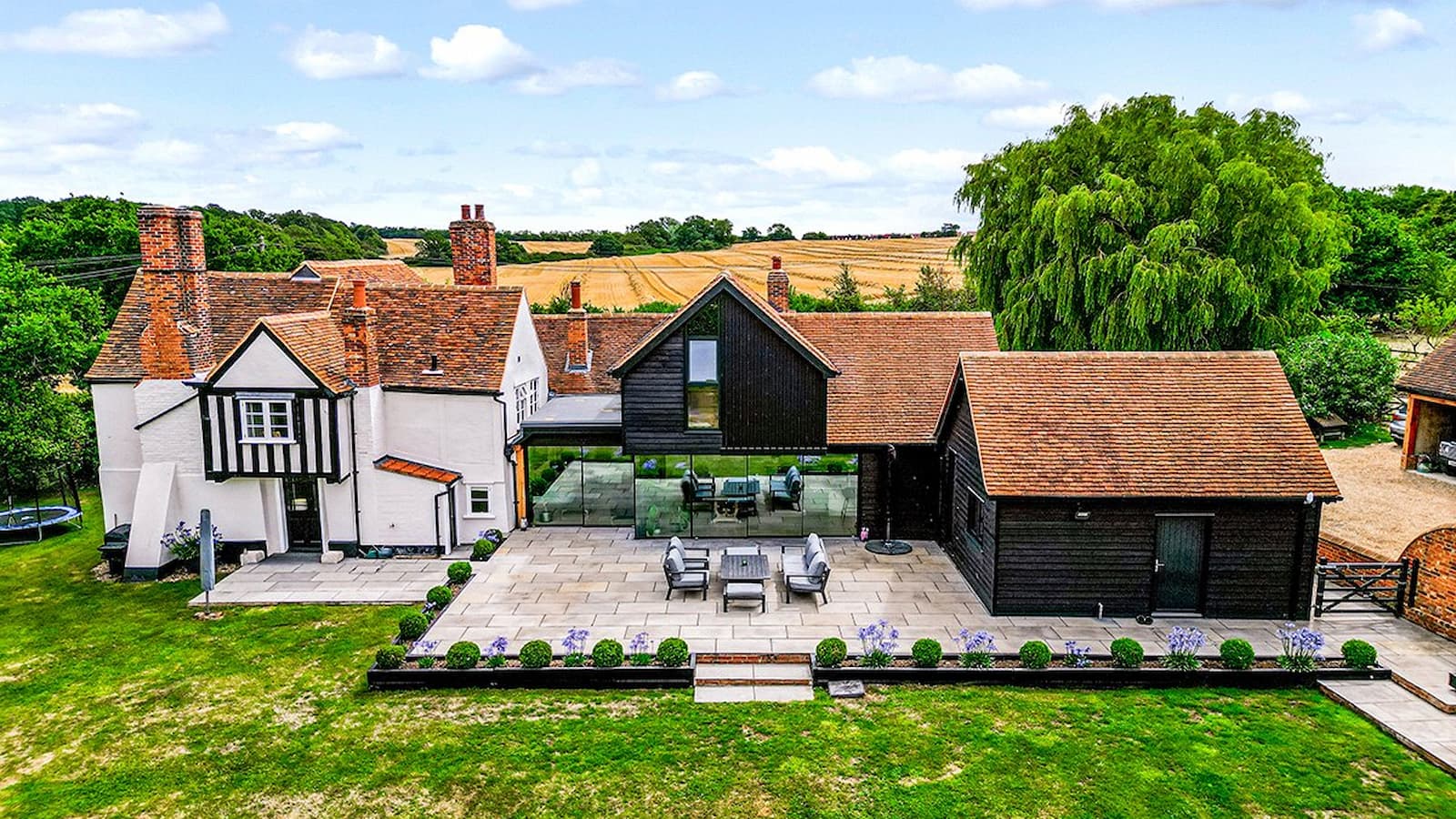
Bring your dream home to life with expert advice, how to guides and design inspiration. Sign up for our newsletter and get two free tickets to a Homebuilding & Renovating Show near you.
You are now subscribed
Your newsletter sign-up was successful
A proposal to build 80 women-only affordable flats in west London’s White City is set to be refused by the local planning authority.
The plans were submitted by Women’s Pioneer Housing (WPH), which aims to provide women with affordable homes as part of the wider fight for women’s equality.
WPH, which was founded in 1920 by suffragists, aimed to demolish its existing offices and 36 flats at 227 Wood Lane and replace them with a new headquarters and 80 new affordable homes for single women on the housing waiting list as well as 350 'co-living' apartments.
In its application it said: "On average women earn significantly less that men over their lifetimes and thus are often locked out of the housing market. Single women feel this most acutely. Many women also require housing specifically for women due to their experiences of sexism, including violence against women and girls."
But Hammersmith & Fulham’s planning committee refused to grant planning permission for the project.
What was the women-only housing scheme?
The planning application says the redevelopment of the site would comprise an 18-storey building (plus part lower-ground floor) with two connected seven-storey elements, providing a mix of residential apartments, office space and accommodation, together with associated co-living amenity space and facilities, workspace and a ground floor cafe.
'Co-living' is described in the application as a residential/community living model that puts three or more unrelated people in the same flat or home.
Bring your dream home to life with expert advice, how to guides and design inspiration. Sign up for our newsletter and get two free tickets to a Homebuilding & Renovating Show near you.
In their application, the housing group said: “WPH aims to make a positive difference to women’s lives by providing homes and services which offer a springboard to independent women to achieve their potential.
“The existing buildings are now in significant need of repair and investment to bring them up to modern standards.
“Development will enable Women’s Pioneer Housing to replace these homes with new modern and much-needed homes. It will also provide new office space, allowing Women’s Pioneer Housing to remain at the heart of a community, in which they have had a presence for almost 100 years.
“It is not practicable to seek to improve the existing accommodation, therefore we propose to demolish the existing buildings to build new modern accommodation and improved public realm.”
WPH states that it prioritises homes for single women, who face particular disadvantages in the housing market.
The new affordable housing would have been funded by a second development on the same site with 209 studios from build-to-rent developer HUB.

Is building housing for women discriminatory?
The women-only development raised issues of discrimination — as one objector to the scheme put it: “Women need safe housing, not separate housing.”
Another objector said: “No reference to housing needs — in particular, families and vulnerable single males with multiple life challenges.”
According to Citizen’s Advice, the law against sex discrimination does not allow positive discrimination in favour of one sex. For example, an employer is not allowed to insist on only recruiting or promoting women to a particular job, even if female candidates had historically been denied the role.
However, the housing, legal, and consumer advice organisation adds: “The law against sex discrimination does allow what is known as positive action in favour of one sex.
“Positive action is used, often in training or advertising, to make up for a lack of equal opportunity in the past. It is intended to give special encouragement to one sex, without actually discriminating against the other.
“An example of positive action is giving extra training to female members of staff to help them be able to apply for a particular role if very few or no women have been employed in that role in the past.”
So why is the women-only scheme facing refusal?
The council’s planning officers recommended that the project went ahead, but Hammersmith & Fulham’s planning committee ultimately proposed to refuse the proposal, citing the height of the building, its energy efficiency, the detrimental impact on neighbouring homes, and the “standard” of the proposed accommodation.
There were a number of objections to the scheme from people living nearby citing reasons as varied as fire safety, blocking sunlight, overlooking other properties, and pressure on existing traffic and infrastructure.
One resident said co-living, which has become more popular as urban living has become more expensive and affordable housing scarcer, is "still experimental and risky".
Crime and safety were key concerns raised by many of those who objected to the proposal. One complaint outlined “strong concerns for women’s safety and crime prevention design recommendations (that were) repeatedly ignored by the private developers”.
Another said it had no understanding of local crime patterns and women’s safety issues, while one complainant said they “oppose (the) development on human rights grounds”.

Could the women-only project still go ahead?
In short, not in its current form but potentially if the planning applicatioin is adjusted.
WPH issued a statement in the wake of the proposed refusal that said: “Alongside our partners Bridges Fund Management, an impact investor, we will now take some time to carefully consider our next steps.”
In response, it has already said it can adjust its plans to include:
- Provision of PV panels on the roof of the co-living building
- Improve the lift wait time at the up peak interval by five seconds
- Provision for e-bike and e-scooter charging in the basement
- Allocation of space for a microwave oven in all co-living homes
It said: "It is the Applicant’s strong contention that, despite Members resolution at Committee, there is sufficient justification provided as part of the planning application, and the officers’ committee report, to demonstrate that the application proposals on balance are acceptable in planning policy terms and that the four proposed reasons for refusal would not stand up to independent scrutiny."
A final decision is expected in due course.
Sam is based in Coventry and has been a news reporter for nearly 20 years. His work has featured in the Mirror, The Sun, MailOnline, the Independent, and news outlets throughout the world. As a copywriter, he has written for clients as diverse as Saint-Gobain, Michelin, Halfords Autocentre, Great British Heating, and Irwin Industrial Tools. During the pandemic, he converted a van into a mini-camper and is currently planning to convert his shed into an office and Star Wars shrine.

